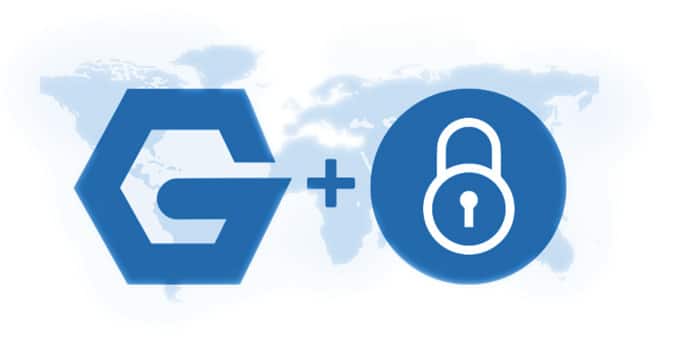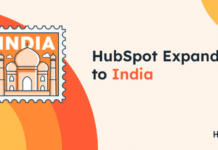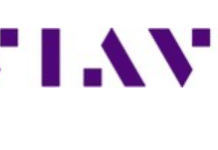Life sciences AI specialist Owkin is taking another step toward de-siloing drug development data just a few months after revealing the findings of a research in which they persuaded ten rival pharma companies to grant the same AI access to their data sets: It is turning its federated learning software Substra into an open source project and giving the Linux foundation control of it.
Amgen, Astellas, AstraZeneca, Bayer, Boehringer Ingelheim, GSK, Janssen, Merck, Novartis, and Servier all agreed to share drug discovery data through the MELLODDY platform, but not directly with each other or with Owkin. Substra is the software that made this possible. Instead, an AI studied each dataset the business had in turn to learn, retaining no actual data but a great deal of aggregate impressions. The collaboration’s outcomes were revealed earlier this year, demonstrating that the jointly trained AI outperformed single-partner models on a variety of dimensions.
The now-open-source software also powers the Voice as a Biomarker of Health project, a $14 million NIH-funded study in the US that aims to determine whether cancer and other diseases can be diagnosed by picking up on subtle changes in a person’s voice patterns, as well as the HealthChain project, which uses techniques similar to MELLODDY to enable hospital collaboration without compromising their confidential patient information.
The software will be kept by the Linux Foundation AI & Data Foundation and made accessible to all researchers for use in similar cooperative data AI projects. Owkin is also releasing SecureFedYJ, a tool for normalising real-world healthcare data while protecting data privacy, and FLamby, a federated learning model-ready dataset that researchers can use to create models before training them on other data sets.
Over the past several years, a number of businesses have emerged offering AI models to assist pharmaceutical companies with drug discovery. Particularly Owkin has landed a number of high-profile, expensive development collaborations with companies like Bristol-Myers Squibb and Sanofi.
“Innovation thrives in collaboration, not in isolation – and the open sourcing of Substra is a landmark moment in the use of collaborative AI in medical research,” Ibrahim Haddad, general manager of the LF AI & Data Foundation, says in a statement. “Researchers can now leverage privacy-preserving and secure federated learning software to drive cutting-edge collaborative medical research. Open source is undoubtedly the future of AI research.”













































































